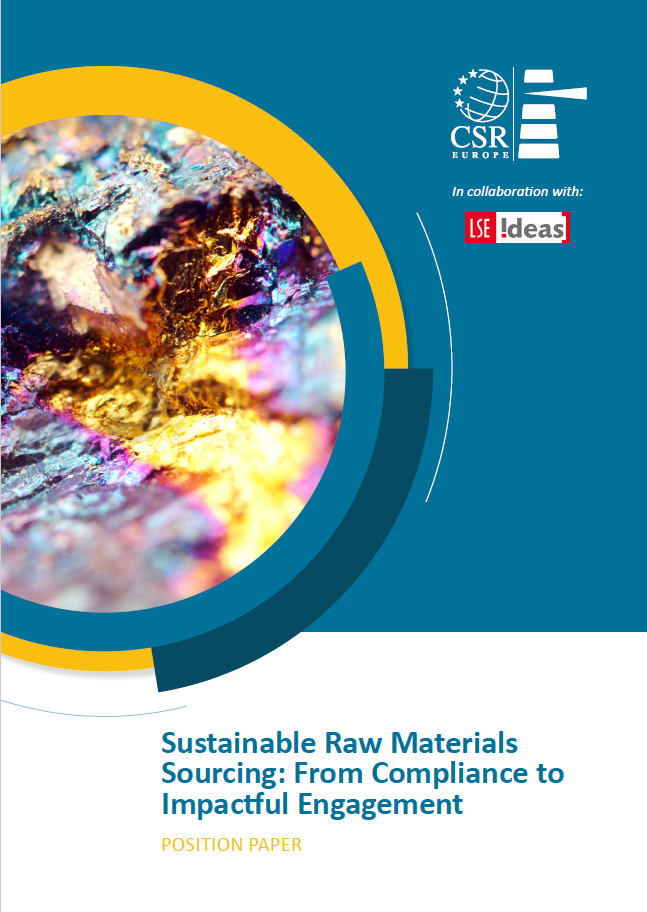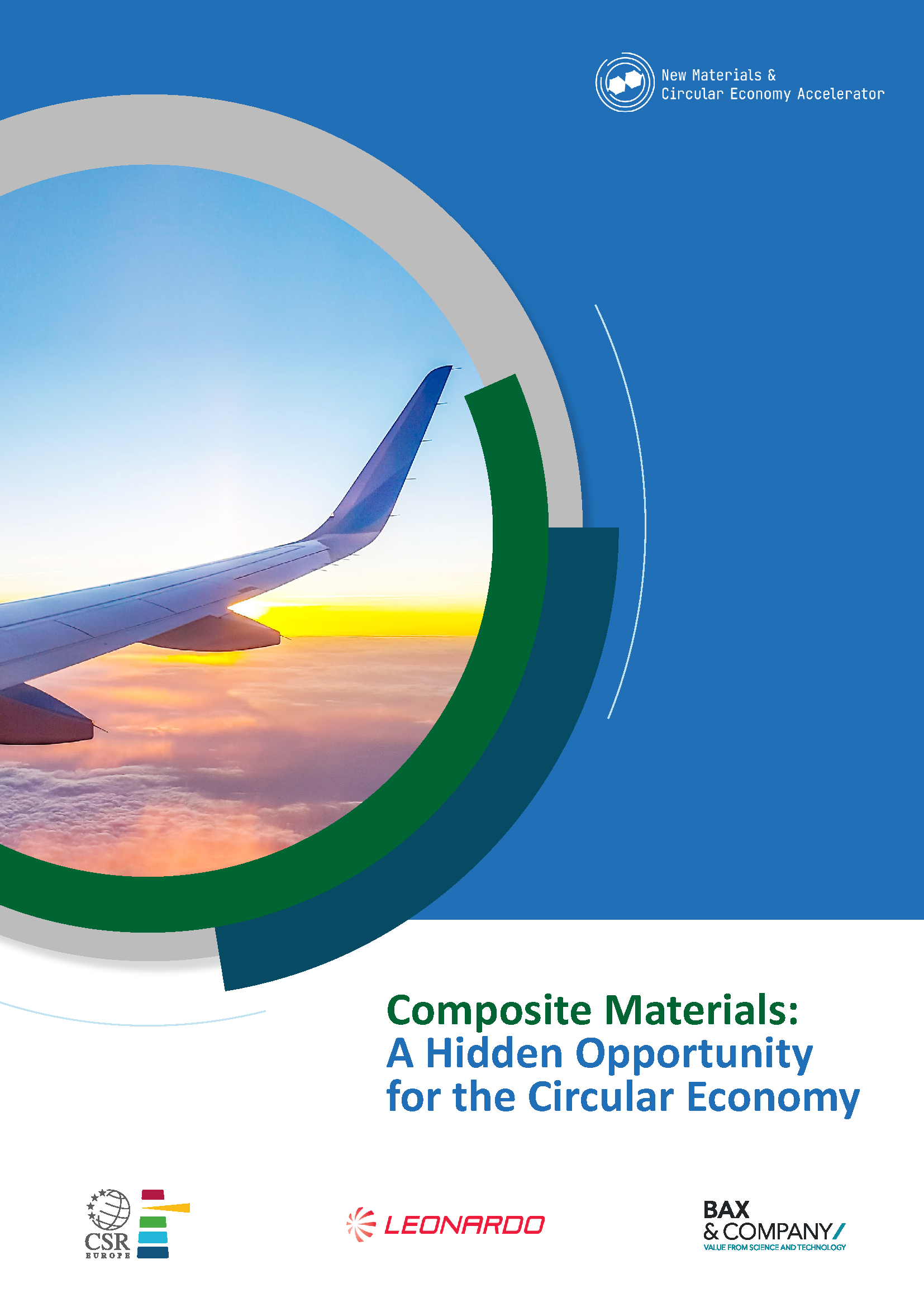The Loneliness of Large-Scale Mining Companies in the Democratic Republic of Congo
Our Executive Director, Stefan Crets, makes the case for strong local engagement to lead on supply chain sustainability
After my recent trip to the Democratic Republic of Congo (DRC), I wanted to share some of the key lessons learnt from our work in “Extractives for Development”, a project that CSR Europe is carrying out with the support of the German Agency for International Cooperation (GIZ) on behalf of the German Federal Ministry for Economic Cooperation and Development (BMZ), and with the participation of the companies involved in the automotive partnership Drive Sustainability.
These insights are relevant not only for companies in automotive or mining but for all business sectors, as highlight the need to accompany increased due diligence efforts with local engagement and empowerment programmes on the ground. If not, due diligence might lead to more exclusion.
At times when the expectations on human rights and environmental due diligence are on the rise, with regulators setting standards and companies increasingly demanding their suppliers to provide assurance, it is important to keep in mind the purpose of all this effort:
The environmental protection and the continuous improvement of the working conditions and life of all people and communities involved in global and local supply chains.
Supply chain sustainability is about change and not a ticking-the-box exercise where you are assured that there is no major risk in a specific supply chain.
DEALING WITH COMMON CHALLENGES
Multinational companies that are strongly present in global downstream value chains – whether it is in the automotive or steel, ICT, construction, or other sectors - face similar issues, especially but not exclusively related to the sourcing of raw materials.
In this context, understanding common sustainability risks and issues between companies and sectors is key to taking concerted action and having a long-lasting impact at the local level that no one-to-one engagement would yield.
THE CASE OF THE DRC
The DRC is a very resource-rich country, with large deposits of materials that are key for the Green Transition, like cobalt, copper, and lithium. Large-Scale Mining (LSM) operators, mainly multinational companies, have well-established sustainability policies and management systems that in principle cover the major sustainability issues related to the sourcing of these raw materials. However, due to the DRC’s insecure legal and economic environment, implementing such policies remains challenging.
Mine sites deal with sustainability issues in their own way, not always aware of what is best practice and how reciprocal collaboration can make a positive difference. Only in very few exceptional cases, there is collaboration on specific small-scale projects.
Exchanges between the mining companies are organized through the Chambre des Mines but are focused mainly on policy dialogue and analysis of the current situation.
Most international sustainability and development projects and efforts focus on the challenges related to Artisanal Mining and are not structurally linked with the entire group of Large-Scale Mining operators.
The wide gap in how western and non-western mining companies engage and their approach to the challenges they share in the DRC is coupled with a very low level of trust and willingness to exchange.
Translating corporate HQ sustainability policies and requirements is challenging to implement in the reality of daily operations in the affiliated mining companies.
This situation concurs to give the image that each individual mining site (concession) and its approach to sustainability depends very much on the expectations of a wide array of local stakeholders. As a result, companies pursue short-term positioning to ensure the daily licenses they need to operate. This makes the implementation of corporate policies more challenging and creates a sense of loneliness amongst staff members within each concession.
BUILDING LOCAL ENGAGEMENT IS THE KEY TO SUCCESS
For downstream companies, it is very difficult to engage at such a local level, especially if they source a multitude of raw materials. However, improvements can be initiated and implemented through engagement at the corporate level and collaborative action.
A risk due diligence approach needs to go together with an engagement model: a corporate approach to invest in the improvement of supply chains via cross-sectoral learning and collaborations.
Drive Sustainability and CSR Europe are acting in this direction, and invite corporate members to:
Reach out to Zoë Bavavea, Manager of our Materials team, to make this leadership movement stronger and more impactful.
Join the European SDG Roundtable “Due Diligence and Positive Change: a Value-Chain Approach” on 12th October.
For more information:
RESOURCES
UPCOMING EVENTS
RELATED NEWS









